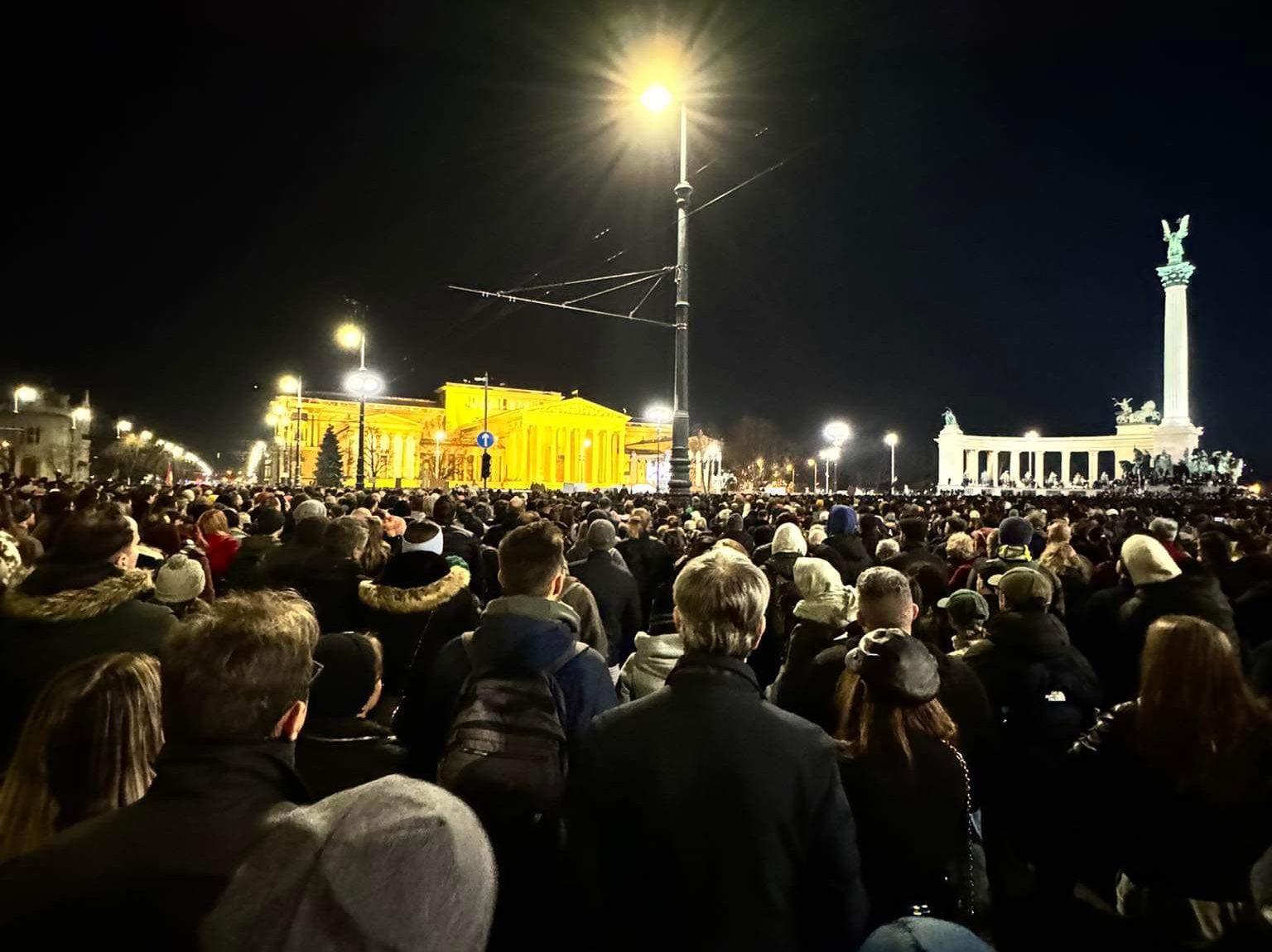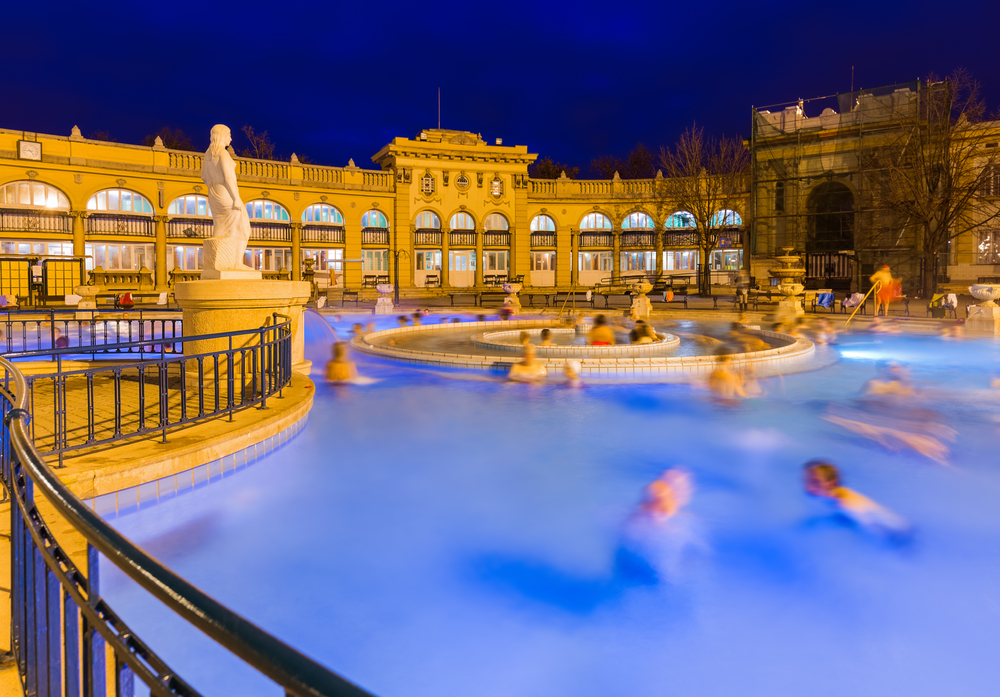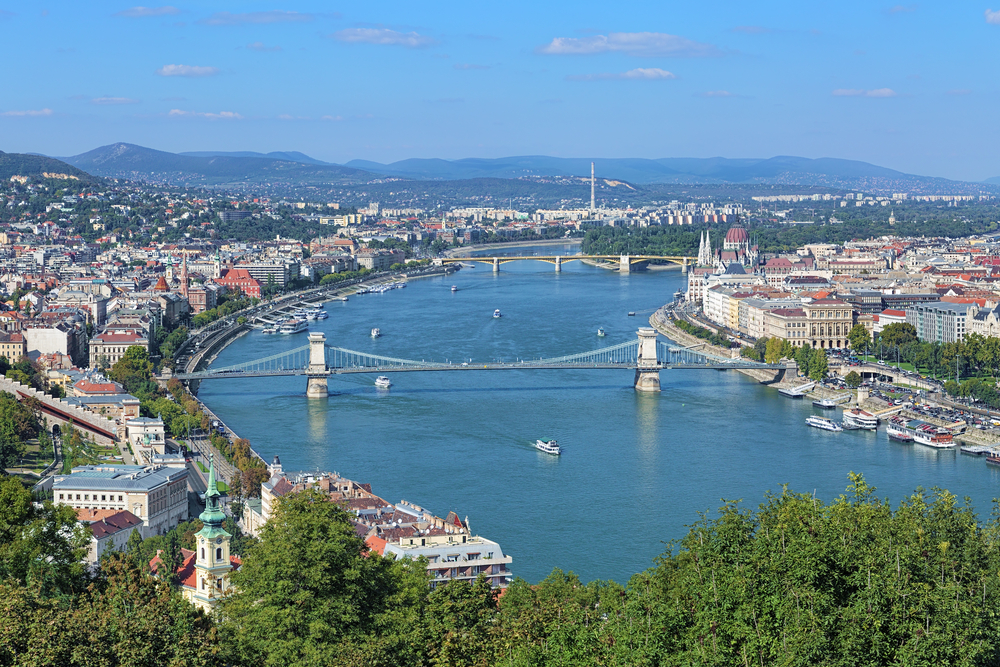Making the Most of the ‘Beautiful Game’

When the Euro 2020 soccer championship was postponed last year amid the COVID crisis, it must have been heartbreaking for the organizers. But its rescheduling now feels like a moment of serendipity, at least from the perspective of the national mood. Restrictions have been eased, the sun is shining, and public entertainment is back.
Whether you call it soccer or football, it is the “beautiful game” because it is the easiest ball sport to understand, leaving arguments about the off-side rule to one side. Any sport played in an empty or near-empty stadium lacks atmosphere. So to see it played again in front of packed houses has been a dramatic reminder of the passion and drama crowds bring. For however good the skill on display on the field of play, it is the crowds in the stands that turn a match into an occasion.
If packing 60,000 people into the Puskás Aréna was a sensible thing to do, from a public health point of view, only time will tell. (Certainly, Finland has suggested an uptick in COVID-cases due to fans attending two matches in Saint Petersburg.) The Hungarian authorities will undoubtedly point to the success of the vaccination campaigns and say the “risk” is justified. Who knows when Hungary will again get the chance to host European championship games, especially with their team competing. That, alongside the Prime Minister’s well-documented passion for soccer, perhaps made it inevitable that this was an opportunity that would be seized.
It helps, of course, if the host nation (technically, one of the host nations) is competitive. Hungary has not been a world power in the sport for many years and was drawn in the inevitable “group of death” that every championship seems to throw up. Yet the Hungarians held reigning European champions Portugal for 84 minutes before conceding three goals late on. Far from being dismayed, however, they took the lead against France and took the world champions to a credible draw. (The atmosphere in the Budapest stadium was variously described as “electric,” “frenzied,” and “bedlam.”) Hungary did the same to Germany, away in Munich, and was six minutes away from knocking them out. As an aside, this truly was the group of death: not one of the four teams progressed to the quarterfinals. Given the pedigree of the three major teams involved, that is a surprise.
Hungary has felt good about itself as a footballing nation in a way it has not done for a while, which generally translates to an increase in spending. Before the championship kick-off, sports data website Pitchinvasion.net predicted Budapest would generate EUR 20 million during the tournament, behind only Saint Petersburg and London. It will be interesting to revisit those figures after the event. The money is generated in all sorts of ways, of course, from the sales of championship merchandise to replica shirts to beer. Interestingly, two wine bar owners we spoke to this week reported an uptick in sales from French, Portuguese, Czech, and Dutch fans. Perhaps new aficionados of Magyar wine have been won. Hungary’s sporting journey in Euro 2020 is over. It seems safe to assume the economic rebound will continue for a good while longer.
Robin Marshall
Editor-in-chief
This article was first published in the Budapest Business Journal print issue of July 2, 2021.
SUPPORT THE BUDAPEST BUSINESS JOURNAL
Producing journalism that is worthy of the name is a costly business. For 27 years, the publishers, editors and reporters of the Budapest Business Journal have striven to bring you business news that works, information that you can trust, that is factual, accurate and presented without fear or favor.
Newspaper organizations across the globe have struggled to find a business model that allows them to continue to excel, without compromising their ability to perform. Most recently, some have experimented with the idea of involving their most important stakeholders, their readers.
We would like to offer that same opportunity to our readers. We would like to invite you to help us deliver the quality business journalism you require. Hit our Support the BBJ button and you can choose the how much and how often you send us your contributions.









